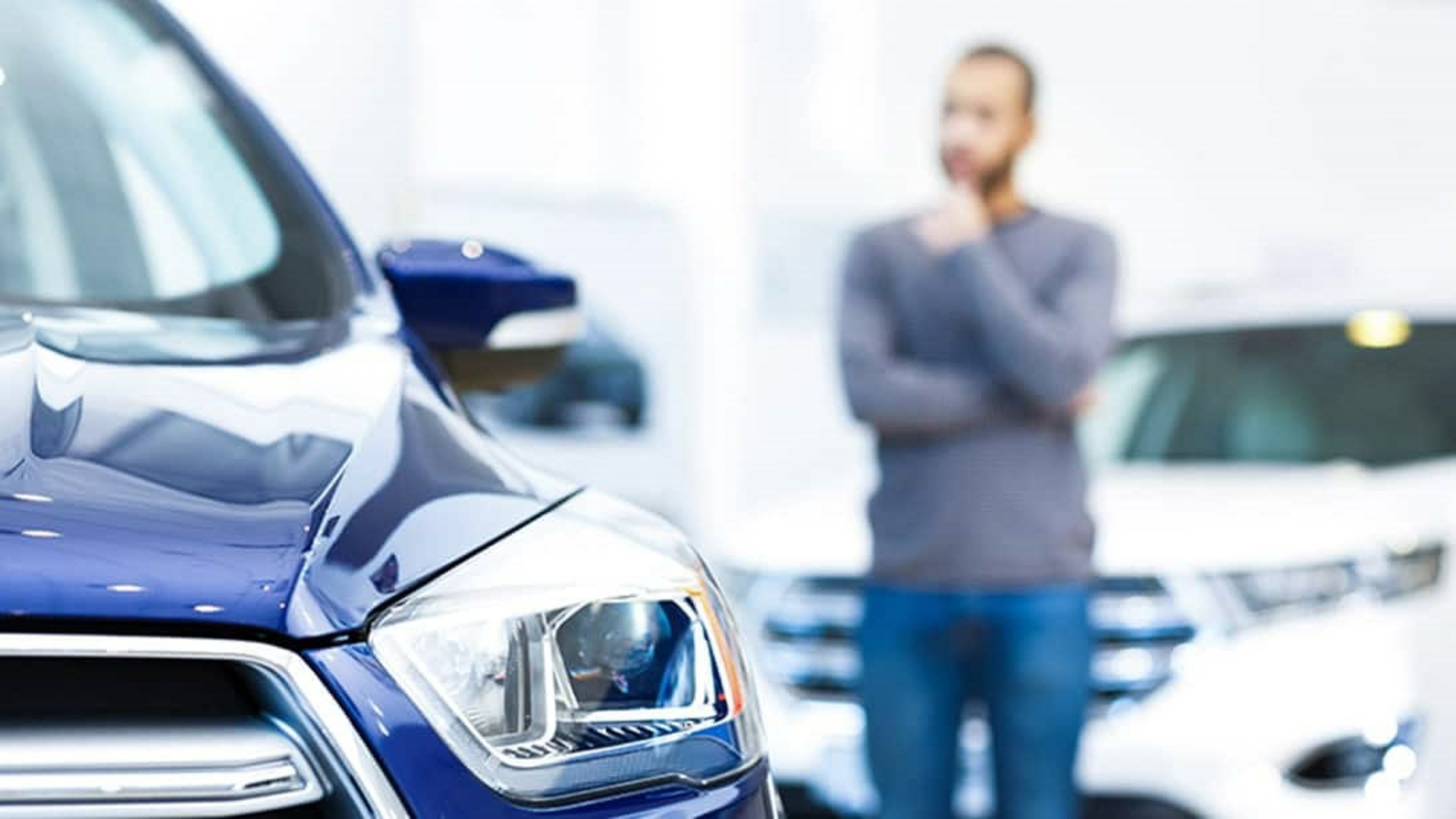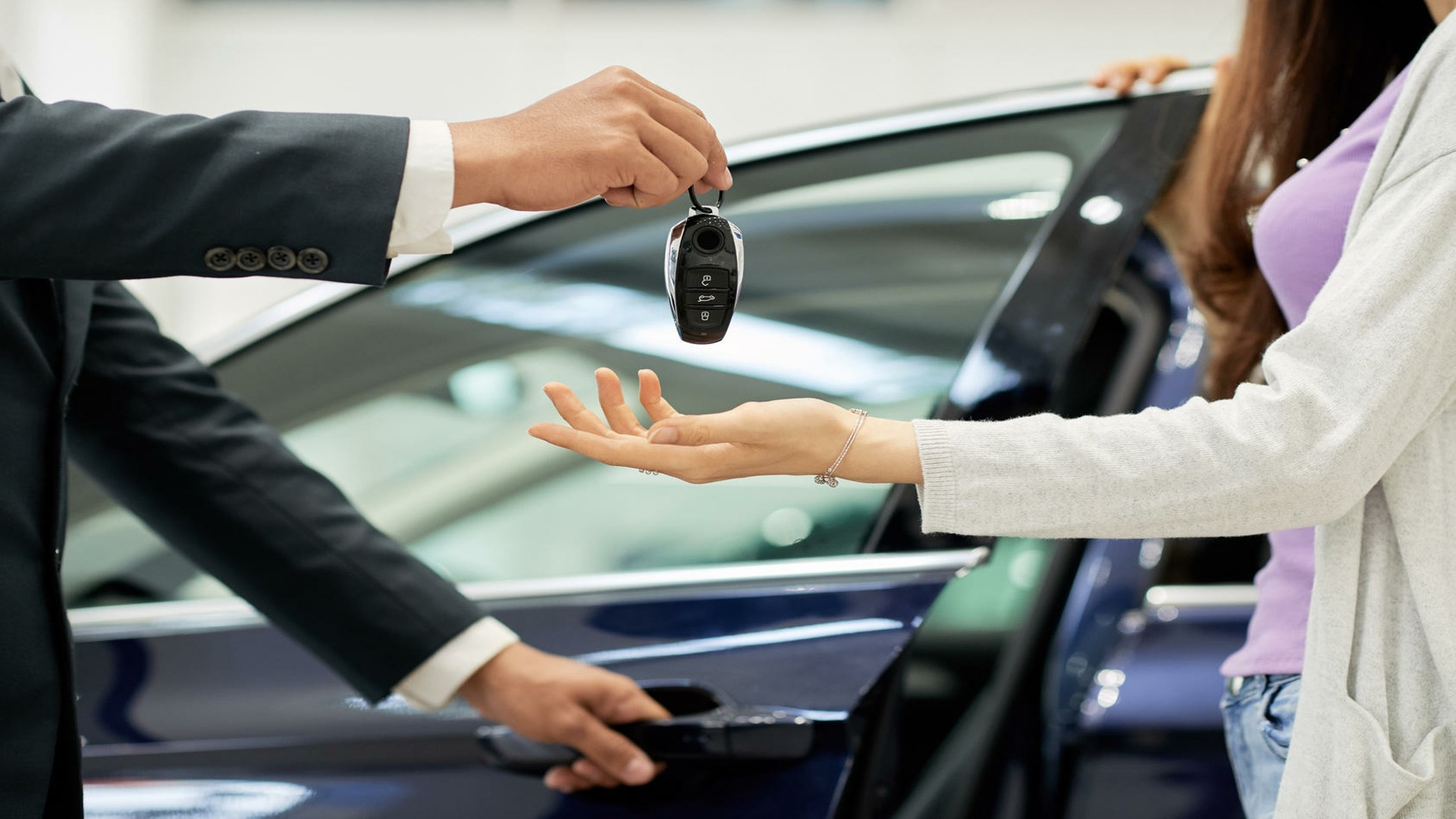Selling a car can be both exciting and nerve-wracking, especially when it comes to handling the payment. With potentially large sums of money involved, ensuring a safe and secure transaction is paramount.
Here, we’ll discuss the four safest methods for accepting payment for a vehicle, along with some important tips to keep in mind throughout the process.
1. Online Bank Transfer
One of the safest methods is to have the buyer transfer the agreed amount directly to your bank account. However, it’s crucial to wait until the funds have cleared before handing over the car. Beware of scams where the buyer shows a fake transfer confirmation but cancels the payment later.
2. Instant Bank Transfer, In-Branch
If both you and the buyer use the same bank, meeting at a branch to conduct an instant transfer can offer added safety. This method ensures immediate confirmation of payment and takes place in a secure, public environment.
3. Cash
While cash transactions are straightforward and immediate, they can be impractical for larger purchases. Handling large sums of cash also poses security risks, making it essential to proceed with caution and consider alternative payment methods for safety.
4. Bank Cheque
Requesting a bank cheque from the buyer provides a secure payment option. However, be aware that bank cheques can be canceled, and it may take several days for them to clear. Ensure the cheque is drawn from the buyer’s bank and not a personal account to minimize the risk of bouncing.

In addition to these methods, here are some important considerations when selling a car:
- Request A Cash Deposit: Asking for a 10 percent cash deposit from the buyer can help secure the deal and confirm their genuine interest in purchasing the vehicle.
- Avoid PayPal: PayPal transactions are not recommended for selling cars due to security concerns and lack of seller protection. Additionally, PayPal fees can be substantial, making alternative payment methods more favorable.
- Steer Clear of Cryptocurrency: While cryptocurrency may appeal to some, it’s not a recommended payment option for selling a car due to its volatility and potential security risks.
- Use Caution with Online Services: Be cautious of online platforms that offer to hold buyer’s funds until the car is received. These services often come with high fees and may not offer adequate protection against scams.
- Reject Payment Plans: Never agree to a payment plan where you hand over the car before receiving the full payment. This leaves you vulnerable to potential scams or non-payment.
- Avoid Transferring Money to Buyers: Be wary of requests from buyers asking you to transfer money on their behalf, as these could be attempts to scam you. Always prioritize your financial security and avoid transferring funds to unknown parties.
By following these guidelines and exercising caution throughout the transaction process, you can ensure a safe and successful sale of your vehicle.

